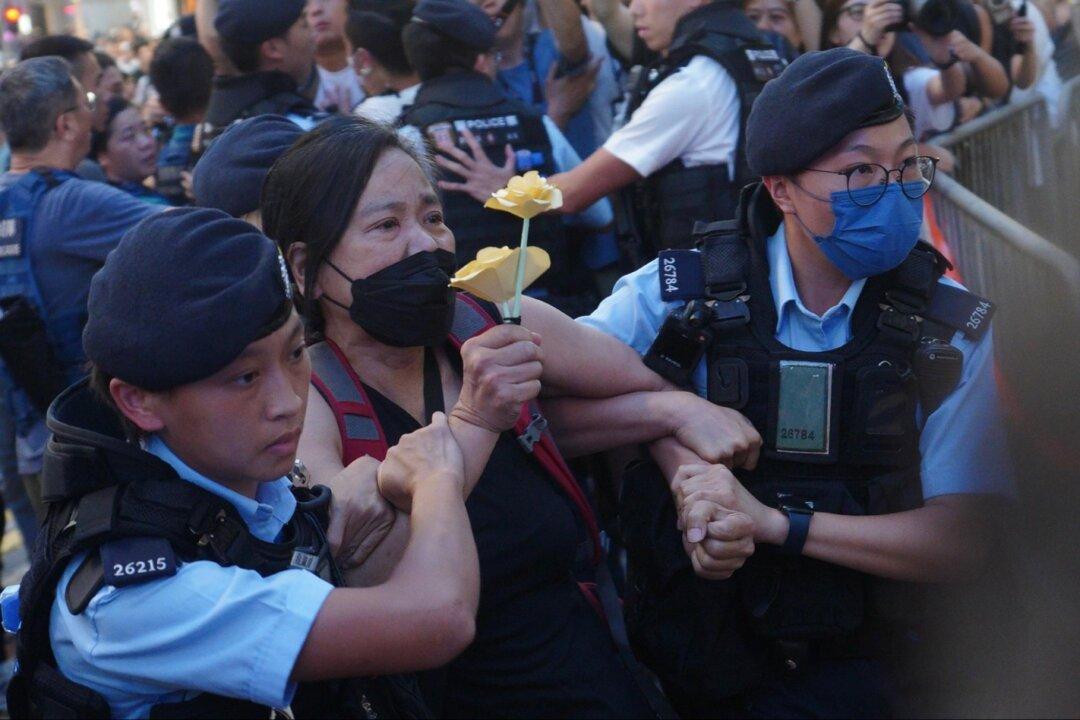Commentary
“Repower Hkers: Reviving Civic Rights for Hongkongers,” a seven-session forum held in a school in Hayes, London on June 11 and 12, 2022, hosted by the newly founded Association of Overseas Hong Kong Media Professionals, discussed the disintegration of civil society in Hong Kong and the ways Hongkongers might face such changes. It was joined by renowned speakers such as Joseph Lian Yizheng, Victor Ng Ming-tak, Lee Yee, Stephen Shiu Yeuk-yuen, Chung Kim-wah, Ching Cheong and Benedict Rogers. It attracted 1,600 Hongkongers, and all sessions were well-attended.





